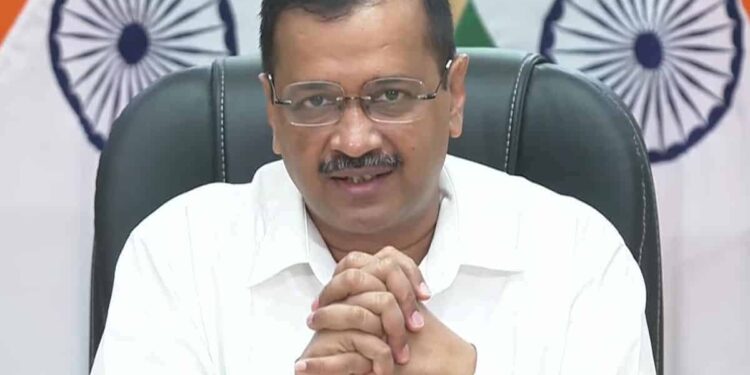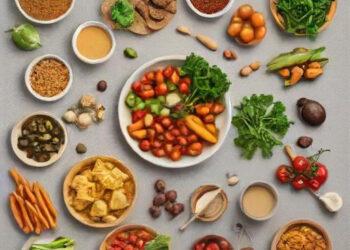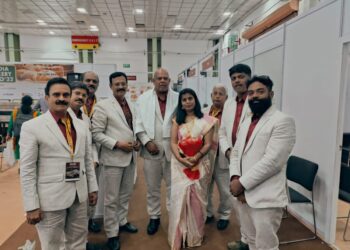-KH News Desk (cbdigital@imaws.org)
The Delhi government, under the leadership of Chief Minister Arvind Kejriwal, is set to introduce a Cloud Kitchen Policy in the capital city. The policy is designed to simplify the licensing process for cloud kitchens by implementing a user-friendly single-window system through a digital platform. The objective of this initiative, as stated by the Chief Minister’s Office, is to support independent food outlets and create employment opportunities within the sector.
As part of the plan, two iconic locations in Delhi, Chandni Chowk, and Majnu Ka Tila, will be transformed into Food Hubs. Chief Minister Arvind Kejriwal has expressed enthusiasm for this project, emphasizing the cultural and historical significance of these areas. The government aims to revitalize these food hubs, making them more popular among locals and visitors.
To discuss the forthcoming Cloud Kitchen Policy, Chief Minister Arvind Kejriwal chaired a high-level review meeting attended by Industries Minister Saurabh Bhardwaj. The meeting involved a comprehensive discussion of the policy framework. The Chief Minister highlighted the importance of this policy in generating employment opportunities in the cloud kitchen sector.
The implementation of this plan will provide legal recognition to cloud kitchens in Delhi, relieving operators and entrepreneurs from the hassle of obtaining licenses from various government departments. They can apply for licenses through a single portal provided by the Delhi government.
Currently, cloud kitchen operators in Delhi have to obtain licenses from multiple government organizations, such as the MCD, police, fire department, and DDA. This complex and time-consuming process has posed difficulties for entrepreneurs due to the lack of a concrete policy. The Cloud Kitchen Policy aims to provide legal recognition and convenience to entrepreneurs by allowing them to apply for all types of licenses through a single portal.
In Delhi, there are approximately 20,000 cloud kitchens and independent food outlets operating, employing around 400,000 people directly or indirectly. Most of these food outlets are located in rural or commercial areas and primarily serve meals through online platforms. The government’s objective is to reduce regulations and create a favorable environment for the development and modernization of cloud kitchens, thereby facilitating business operations and contributing to the capital’s economy.
The Independent Food Outlets scheme encompasses various food outlets, including cloud kitchens, ghost kitchens, dark kitchens, base kitchens, satellite kitchens, and virtual kitchens. Only those food outlets that deliver meals to people are considered independent under this scheme.
Additionally, the government plans to develop the city’s food outlets, drawing inspiration from the renowned food culture of Singapore. The initiative aims to prioritize food safety and hygiene while providing consumers with a unique experience showcasing Delhi’s vibrant flavors and rich culinary heritage.







